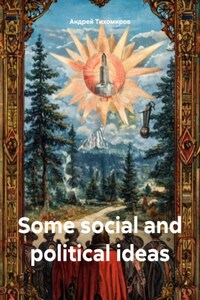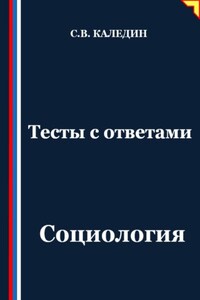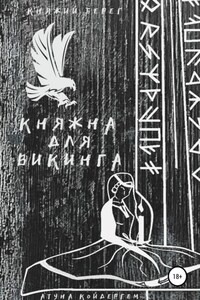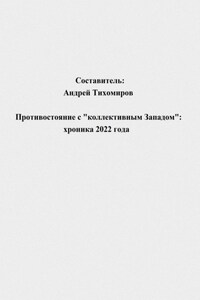The emergence and development of political and legal thought
In the era of the emergence of capitalist relations in Western Europe in the XVI-XIX centuries, the development of political thought was associated with a whole galaxy of such philosophers as T. Hobbes, J. Locke, B. Spinoza, S. Montesquieu, Moscow F. Voltaire, J.-J. Rousseau et al. One of the founders of the theory of the social contract is the English thinker Thomas Hobbes (1588-1679). "In his work Leviathan or Matter, Form and Power of the state, he describes the chaos of people's natural pre-state existence, life without beauty, industrial culture. There were only conflicts in this society, but people, being reasonable, found a way out of chaos – a social contract. They agreed to transfer all their rights to the monarch and submit in exchange for the law" (Political Science. Edited by A.A. Radugin, Moscow, "Center", 2005, p. 30). Politics and its bearer, the state, according to Hobbes, are established by people by agreement among themselves, individuals trust a single person, supreme authority over themselves. The State is a person who uses force and means for people, as it considers necessary for their peace and common protection. Hobbes acted as a defender of monarchical power. He argued that by concluding a social contract and becoming a citizen, individuals lose the opportunity to change the form of government, to free themselves from the action of the supreme power. In his opinion, there may be three forms of the state: monarchy, democracy and aristocracy, which differ not in the nature and content of the supreme power embodied in them, but in their suitability for the purpose for which they were established. The rights of state power, according to the theory of T. Hobbes, were quite compatible with the interests of the classes carrying out the English revolution. It is quite obvious that by modern standards T. Hobbes is more conservative than liberal, because he interpreted even the liberal idea of a social contract in such a way that the conclusions turned out to be conservative: freedom is possible only if people transfer the right to dispose of it to the monarch. The political theory of the English philosopher J. Locke (1632-1704) is another attempt to present a civic concept of politics. He was an ideologist of the social compromise between the nobility and the bourgeoisie. He outlined his political views in his work "Two Treatises on State Government." According to Locke, the state receives from people exactly as much power as is necessary to achieve the main goal of the political community – to realize its civic ideas and, above all, the right to own property.
In the state, no one and nothing can be outside the subordination of laws and legality. Locke anticipated the idea of a state governed by the rule of law, since, in his opinion, it is the law that is the main tool for preserving and expanding individual freedom. "Where there are no laws, there is no freedom."
"For Locke, it is important that any form of state grows out of a social contract – a voluntary agreement of people, so that it protects their natural rights and freedoms. Locke developed the doctrine of the transition from natural law to the civil state of society and the corresponding forms of government. He formulated as the main goal of the state – the preservation of freedom of ownership, defended the principle of separation of powers" (Matveev A.A. Political views of Modern times. 1999, Moscow, Infra-M, p. 89).
The main doctrines of political thought during the period of bourgeois revolutions are as follows:
1) the theory of national sovereignty arose and developed in the XVII – XIX centuries on the basis of the theory of the origin of the social contract: according to the theory of the social contract, the people are the source of state power and its bearer, the sovereign;
2) the theory of the rule of law:
a) the doctrine of the natural rights of the individual, which do not depend on state recognition;
b) the need to guarantee the rights of the individual;
c) the relationship of the state and its organs with laws, law, standingcontrol over the state;
d) connection with the doctrine of separation of powers.
3) the theory of separation of powers:
a) three powers – legislative, executive, judicial – should be exercised by different specific authorities;
b) all spheres of state activity only within the framework of the law;
c) general democratic principles: the law is adopted only by the representative power, the executive power cannot change the laws; the court is independent.














